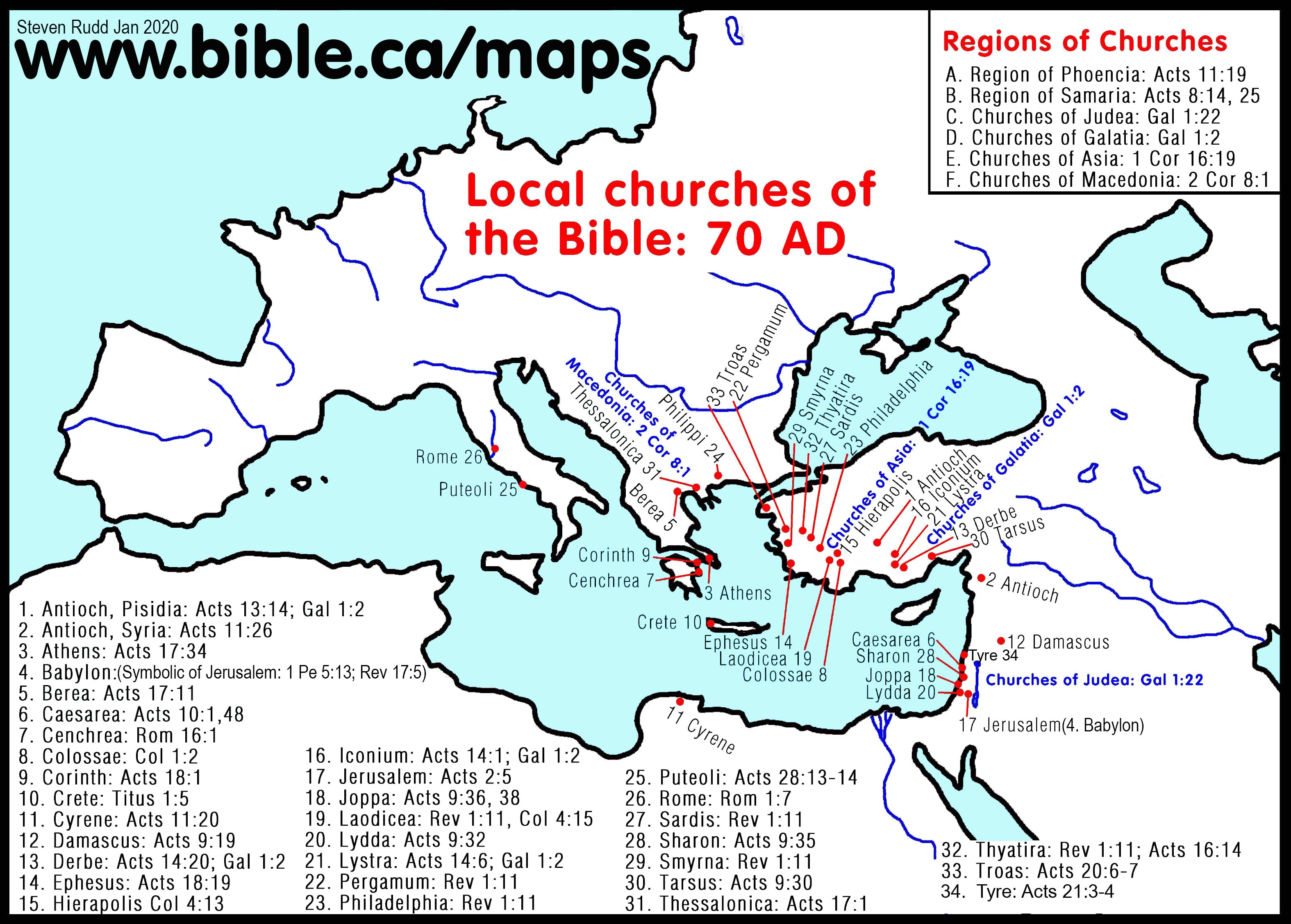Have you ever thought about the words people used to greet one another long ago? It's almost as if these simple phrases carried so much more than just a quick hello; they held, in a way, deep meaning, a wish, or even a blessing. People often exchanged words that truly reflected their hopes and desires for the other person, their community, and even their connection with something bigger than themselves.
These older ways of saying hello, particularly those found in older writings, weren't just casual pleasantries, you know? They frequently conveyed powerful messages, perhaps of peace, prosperity, or a kind of spiritual well-being. They were, in some respects, a verbal embrace, a brief moment where one person genuinely poured out good intentions for another. It’s quite different from our quick, modern-day acknowledgments, isn't it?
So, as we consider these expressions from times past, we start to see that they offer us a window into the beliefs and values of the people who spoke them. They really show us what was truly important to them, what they hoped for, and how they perceived their place in the larger scheme of things. We'll look at how these ancient forms of communication might still speak to us today, too.
Table of Contents
- The Heart of Ancient Greetings
- What Do Biblical Greetings Truly Mean?
- Are Numbers Important in Biblical Greetings?
- How Did Forgiveness Shape Biblical Greetings?
- The Hope of Future Life - Reflected in Biblical Greetings
- What About Free Will and Biblical Greetings?
- Understanding Specific Biblical Greetings
- Why Still Consider Biblical Greetings Today?
The Heart of Ancient Greetings
When people from older times met, their verbal exchange was often a bit more substantial than a mere passing nod. It was, in a way, a moment for connection, a brief pause to acknowledge the other person's existence and, quite often, to wish them well. These interactions weren't just about politeness; they carried a kind of weight, a recognition of shared humanity and, sometimes, shared faith. You know, it was a time for expressing genuine good wishes.
More Than Just Words - The Spirit of Biblical Greetings
The spirit behind these ancient forms of communication, particularly the biblical greetings, goes far beyond the surface level of simple words. They were, actually, often rooted in a deeper awareness of a higher power and a desire for divine favor upon the person being addressed. It’s as if each phrase was a small prayer, a spoken hope for the recipient's welfare in every sense. People truly believed that their words could carry a kind of blessing, or so it seems.
What Do Biblical Greetings Truly Mean?
When we look at the phrases used in ancient texts, we might wonder about their actual depth. What did they truly convey? Often, these forms of address were not just about a momentary interaction; they were expressions of profound desires for the other person's well-being, their overall state of being. They frequently spoke to a holistic sense of prosperity and contentment, which is quite interesting, really.
Peace - A Common Thread in Biblical Greetings
One idea that pops up very often in biblical greetings is that of peace. This isn't just about the absence of conflict, though that's certainly part of it; it's a much broader concept, a kind of wholeness, a deep sense of calm and well-being that comes from a harmonious relationship with others and with a higher power. It’s a wish for true inner calm, even when life presents its difficulties. In the ancient texts, for instance, suffering is something people often faced, and a greeting of peace could be a wish for respite from such trials, a desire for a different, more settled state of affairs. It’s a bit like wishing someone ultimate comfort, you know.
Are Numbers Important in Biblical Greetings?
It might seem odd to connect numbers with ways of saying hello, but in ancient cultures, particularly those reflected in older writings, certain figures held a special kind of significance. These weren't just mathematical quantities; they were often seen as carrying symbolic weight, hinting at deeper truths or patterns. So, could this numerical symbolism have influenced how people wished each other well? It's a question worth considering, actually.
Symbolic Significance in Biblical Greetings
When we think about biblical greetings, the idea of symbolic numbers, like the number 7, which often points to completeness, or 12, which frequently indicates organization or divine arrangement, could have subtly influenced the spoken wishes. Imagine someone wishing another "a complete blessing" or "a perfect measure of favor," perhaps implicitly referencing these numbers. The number 40, too, often represents a period of testing or preparation. A greeting might, in a way, wish someone strength through such times, or a prosperous outcome after a period of trial. It’s quite a subtle layer of meaning, isn't it?
How Did Forgiveness Shape Biblical Greetings?
The concept of letting go of past wrongs holds a very special place in many ancient belief systems, particularly those found in older scriptures. It's not about pretending something bad never happened; it's a much deeper process, a way of moving forward and restoring relationships. So, how might this profound idea have influenced the way people greeted one another, their words reflecting a desire for reconciliation or a fresh start? That's a fascinating thought, really.
Forgiveness and Reconciliation in Biblical Greetings
In the context of biblical greetings, the spirit of forgiveness and reconciliation could have been a subtle, yet powerful, underlying current. A greeting might have served as a gentle opening, a way to mend strained connections or to express a wish for harmony between individuals. It's a bit like saying, "May all past hurts be set aside, and may peace reign between us." This doesn't mean pretending an offense never happened, but rather, it’s about a deeper movement towards understanding and renewed connection. It’s an invitation to bridge divides, you know.
The Hope of Future Life - Reflected in Biblical Greetings
For many people in ancient times, the idea of life extending beyond the present existence was a deeply held belief. The concept of being brought back to life, of a future existence, was a source of great comfort and expectation. So, how might this profound hope, this anticipation of what is to come, have found its way into the everyday expressions people used when they met? It's something to think about, certainly.
Resurrection and Eternal Life in Biblical Greetings
When we consider biblical greetings, the hope of a future life, perhaps even a resurrection, could have quietly shaped the intentions behind the words. A greeting might have carried a wish for ultimate well-being, not just in the present, but also for what lies beyond, a desire for the recipient to experience the fullness of life, even eternal life. It’s a bit like wishing someone lasting joy and a future without end. The ancient texts tell of individuals who were brought back to life, and this very idea could have infused greetings with a deeper, more enduring hope for the recipient's destiny, you know.
What About Free Will and Biblical Greetings?
The idea that individuals possess the capacity to make their own choices, to chart their own course without being completely controlled by an unseen force, is a deeply important concept in many ancient writings. This power to decide, this gift of personal agency, is often seen as a significant aspect of what it means to be human. So, how might this profound notion of individual liberty have played a role in the way people exchanged greetings? It’s a rather interesting thought, isn't it?
Personal Choice and Divine Blessing in Biblical Greetings
In the context of biblical greetings, the recognition of free will could have meant that a greeting wasn't just a passive wish, but an acknowledgment of the recipient's own path and decisions. It might have been a subtle prayer that their choices would lead to good outcomes, or that they would be guided by a higher wisdom in their individual journeys. It’s a bit like saying, "May your choices bring you peace, and may you find favor in your endeavors." The scriptures often speak of God granting individuals the ability to make their own decisions, and this very dignity could have been reflected in greetings that honored a person's autonomy while still wishing them divine favor, you know.
Understanding Specific Biblical Greetings
To truly grasp the depth of these ancient expressions, it helps to look at some of the actual phrases that were commonly used. These weren't just random words; they were carefully chosen, carrying layers of meaning that resonated deeply with the people of that time. We can learn a lot about their culture and beliefs by simply exploring these verbal exchanges, can't we?
Common Phrases and Their Biblical Greetings Context
One very well-known phrase is "Shalom," which is far more than just "hello" or "goodbye." It conveys a deep sense of peace, completeness, and overall well-being. It’s a wish for harmony in every aspect of life. Another common expression found in letters from that time is "Grace and Peace to you," which combines the idea of unearned kindness with that holistic sense of calm. These are not just polite words; they are profound wishes for the recipient's entire existence, their connection with a higher power, and their relationships with others. They often come from a place of genuine care, you know.
Why Still Consider Biblical Greetings Today?
It might seem like these ancient ways of speaking are just relics of a bygone era, perhaps not relevant to our current fast-paced existence. However, there's a reason why people still find themselves drawn to these older forms of expression. They often carry a kind of timeless wisdom, a depth that our more casual modern greetings sometimes lack. It’s worth thinking about, really.
Enduring Wisdom of Biblical Greetings
The enduring wisdom found in biblical greetings lies in their focus on profound human needs: peace, wholeness, forgiveness, and hope for the future. They remind us that our words have power, that they can convey genuine care and good intentions. In a world that often feels disconnected, these forms of address offer a chance to truly connect, to speak blessings and good wishes into another person's life. They teach us that even a simple greeting can be a powerful act of kindness, a reminder of our shared humanity and our deeper aspirations, you know.
Related Resources:



Detail Author:
- Name : Estella Berge
- Username : koch.nestor
- Email : mwaelchi@balistreri.com
- Birthdate : 2005-02-06
- Address : 390 Hettinger Landing New Ambrose, OR 31453-7512
- Phone : 424-697-4925
- Company : Homenick and Sons
- Job : Order Clerk
- Bio : Doloremque neque esse aut ut hic rerum. Blanditiis eos assumenda quam enim iure. Illo est et accusamus atque qui fuga. Iste enim aliquid ab quia dolorum sed corrupti. Quisquam ipsa earum eos.
Socials
twitter:
- url : https://twitter.com/von1975
- username : von1975
- bio : Qui delectus expedita officiis aut. Sed soluta quia ut nulla natus. Impedit consectetur facere vero nihil reprehenderit est dolorem.
- followers : 4609
- following : 1034
instagram:
- url : https://instagram.com/hayley_von
- username : hayley_von
- bio : Distinctio autem hic accusamus. Ipsa occaecati asperiores ullam quia at ut eum ipsam.
- followers : 6750
- following : 2083